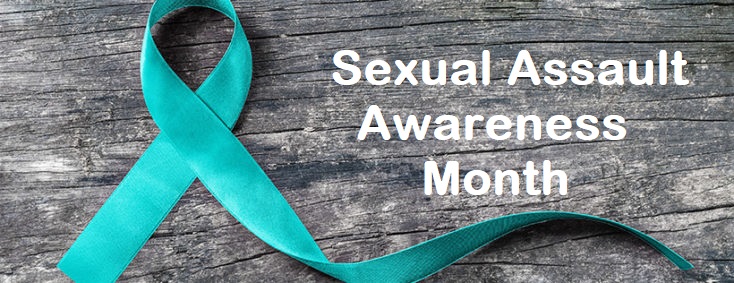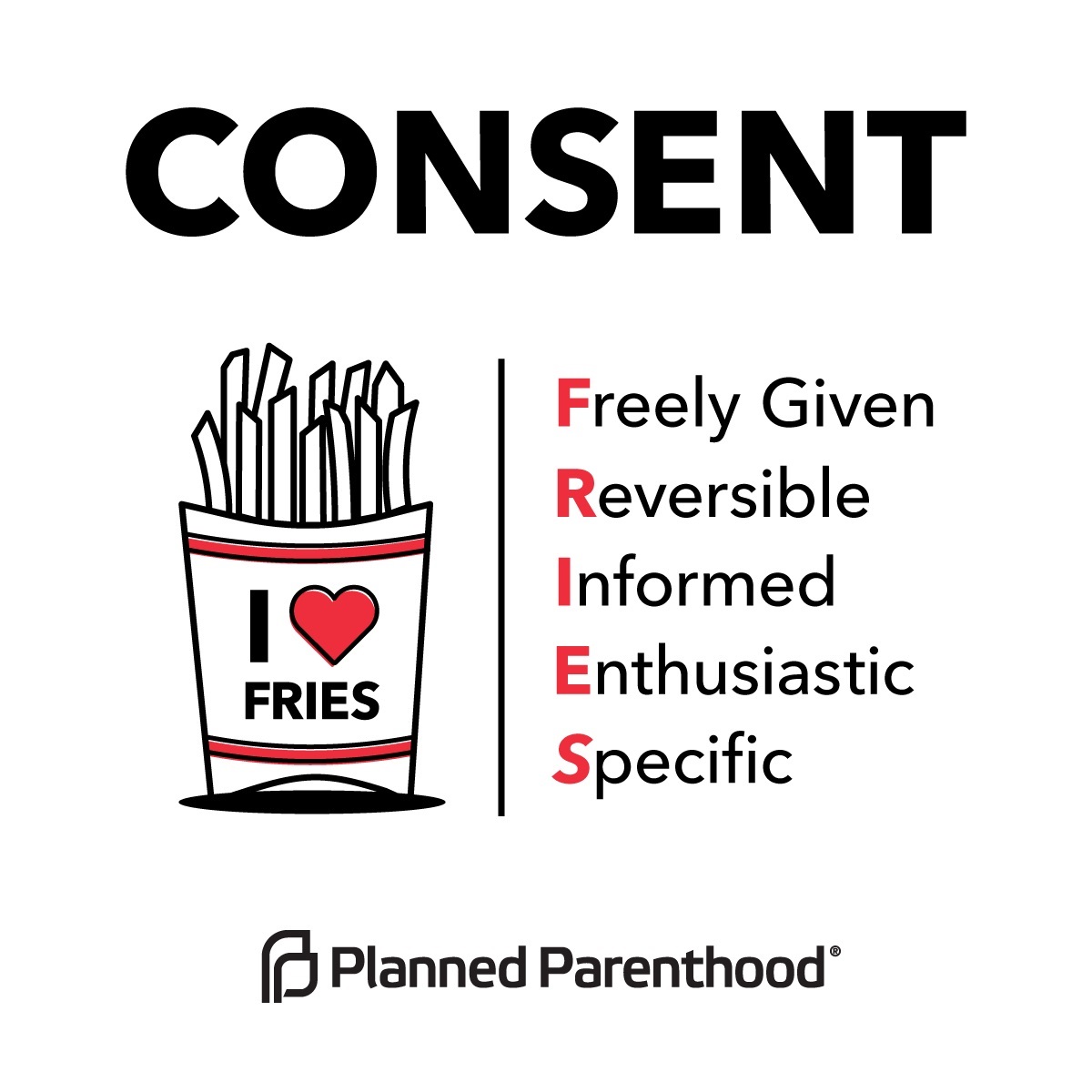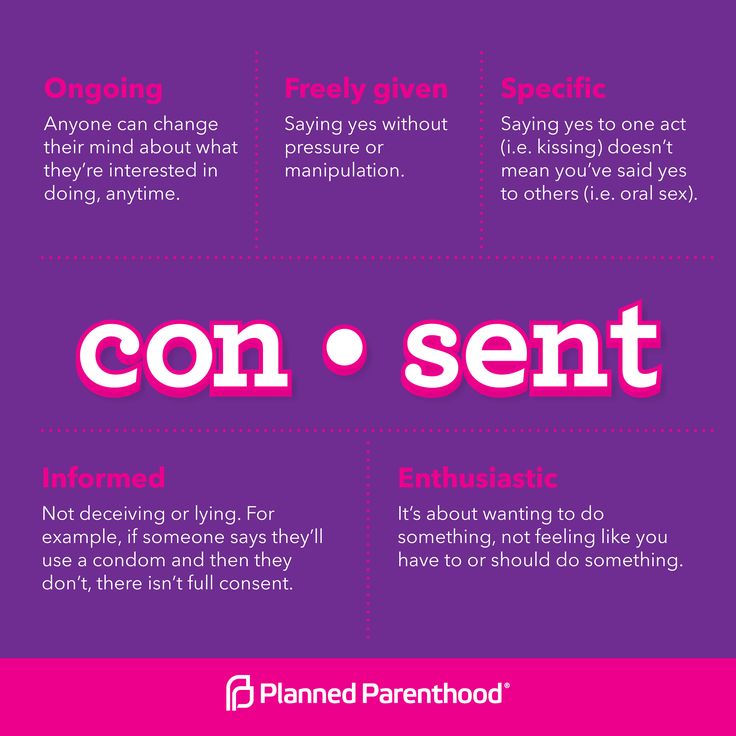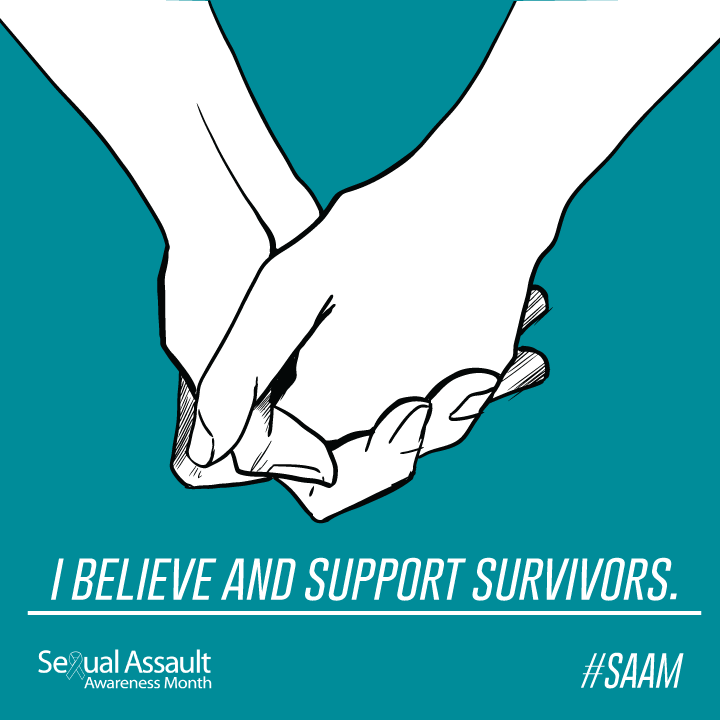April is Sexual Assault Awareness Month, and is also the month Take Back the Night takes place. This month is meant to raise awareness about sexual assault and educate communities and people to prevent sexual violence.
What is sexual assault?
Sexual assault is any type of sexual contact or behavior that occurs by force or without consent. It affects people of all ages, genders, and sexual orientation.
Sexual Assault Can Happen Anywhere
In 2014, according to Winona State’s campus security report, no sexual assaults were reported. In 2015, six were reported. However, according to the WSU Campus Climate Survey, in the spring of 2015, 19.9% of respondents said they had experienced gender- based violence. That is 317 of the 1591 respondents, and Winona State has around 8,400 students enrolled. The report was done again in Spring 2016, and the numbers increased to 21.5%, with 318 out of 1477 respondents. By last spring, the percentage was 20.6%. Reporting sexual assault is rare, but the surveys show that the issue is more serious than security reports show.
Sexual Assault Statistics (NSVRC)
- One in five women and one in 71 men will be raped during their lives.
- In 8 of the 10 rape cases, the victim knew the perpetrator
- 81% of women and 35% of men report significant short-term or long-term impacts such as PTSD following the assault
Affirmative Consent is Necessary
Consent must be voluntary, mutual, freely given, and can be withdrawn at any time. Remember, you do not owe anyone sex, no matter if you are already in bed with them, or have even started having sexual contact with them. The existence of a dating relationship or past sexual contact does not imply consent. You can withdraw sex whenever: it is your choice.
If a person is forced into saying yes because of fear, threats, illness, or the influence of drugs and alcohol, that is coercion and not consent. A lack of protest or absence of resistance is not consent. A “yes, I’ll have sex with you” while the perpetrator is threatening you with violence is not consent. Consent can only be made when there is equal power between the people involved.
Working to Prevent Sexual Assault
We live in a rape culture, evident in many ways such as how we blame victims of sexual assault for the attack. We make statements like “boys will be boys,” we teach people how to not be raped instead of teaching people not to rape, we make jokes about rape, etc. All of these things perpetuate rape culture.
To end rape culture, we need to talk about issues such as victim-blaming and violent masculinity. Toxic and violent masculinity is harmful to men and women, it condones violence against women and tells men they must be violent, unemotional, and aggressive to be a “real man.”
We need to discuss consent, and what it is and what it is not.
Believe survivors. “I believe you,” is a powerful statement to tell a survivor. Listen to survivors’, support them, and work to create a culture where sexual assault is not tolerated.
How to Get Involved
To get involved in the RE Initiative, find out more about becoming a peer advocate, or a peer educator, call the WSU 24/7 Confidential GBV Helpline at 507.457.5610 or email the Gender-Based Violence Prevention & Intervention Coordinator at hg*****@****na.edu.
Resources for Survivors
If you have been assaulted, know that it is not your fault, and you have resources on campus. If you want to speak to an advocate confidentially, call the WSU 24/7 Confidential GBV Helpline at 507.457.5610.
A Sexual Assault Nurse Examiner (SANE) is available at WSU’s Health and Wellness Services located in the IWC 222. This service is provided at no cost to the survivor. The IWC 222 is also home to Counseling and Wellness Services, who provide counseling for students.
The WRC of Winona is a confidential, off-campus resource for survivors with a 24/7 crisis hotline at 507.452.4453.
To find out more, please visit www.winona.edu/RE




